

Community Perspective on Current Needs and Aspiration
The community level stakeholders’ dialogue provided a platform for the gathering of information on development problems, potentials, constraints and generation of project ideas for the plan period. Community needs and aspiration as gathered from the various meetings and the analysis of current development situation are summarized as follows:
- Improvement of market infrastructure
- Provision of modern lorry parks
- Implementation of the decentralization programme
- Improved sanitation and waste management
- Enhance security in the various communities
- Provision of potable water
- Effective development control
- Prevention of slums and unauthorized structures
- Provision of scholarships for students
- Provision of education infrastructure
- Promote advocacy on disability issues
- Construction of new feeder roads
- Upgrading of urban roads
- Provision of drainage systems
- Effective enforcement of Assembly’s bye-laws
- Improve access to health care
- Connection of electricity to some communities and stabilize voltage
- Effective disaster management and control
- Effective revenue mobilization strategies
- Modernize and improve agricultural production
- Provision of social and recreational centers
- Improved transport services
Vulnerability
In the Ga East Municipality the vulnerable and excluded include the disabled, peasant farmers, the aged, rural women and children, people living with HIV/AIDS, orphans and street children. Peasant farmers are the most vulnerable of all farmers especially the majority who depend on rainfall for production. This situation, coupled with the increasing loss of farm lands represents dominant shocks that affect incomes, availability of food and wealth accumulation. Children and other dependants find themselves in difficult situations as a result of these shocks.
Besides these, some children find themselves in difficult circumstances as a result of the following shocks, death of parents, abandonment and separation due to mental problems of parents. These shocks send children and other dependants onto the street with its attendant vulnerability to most social vices. Child labour is therefore prevalent in the municipality. Children living and working on the street are engaged in trading activities which includes selling ice water and chewing gums, porterage of heavy loads (kayayo), truck pushers and working as driver’s mates. They are mostly found in the urban communities like Madina, Haatso, Dome and Taifa. In the rural areas however, children are engaged in hazardous work such as stone quarrying. These negatively affect their physical and mental development.
In addition to the above, the aged HIV/AIDS infected and affected, street children and the disabled are left without or with very little safety nets. This situation calls for appropriate strategies to cover their needs.
Adequate and disaggregated data on the vulnerable in the municipality need to be collected, analyzed and the appropriate inter-sectoral inventions implemented to mitigate the impact of the shocks. The department of social welfare and community development would have to be supported to coordinate activities to improve welfare.
Also, effective progammes aimed at mainstreaming HIV/AIDS into development programmes will also receive utmost attention to reduce the socio-economic impact on the affected and infected.
Gender Analysis
Development planning has often been judged as being neutral, which means that development programmes and projects that are implemented as a result of planning are assumed to benefit equally all stakeholders. These include men, women children, the disabled and even the aged equally. A critical interrogation of this assumption through gender analysis and diagnosis bring to the fore the fact that certain segments of society y way of their subordinate position do not benefit in development at all or are even made worse off.
It is against this background that the MPCU has adopted mainstreaming gender into its development efforts by ensuring that programmes selected for implementation are gender sensitive. To understand the various gender issues in the municipality the MPCU ADOPTED THE Havard Analytical Framework (HAF) tool to collate activities profile, access to and control over resources as well as the influencing factors. The analysis was undertaken separately for the rural and also the urban communities. This is to ensure gender specific policies and programmes. At the end of the analysis, issues identified are summarized in table 1.11 and 1.12 below.
The analysis above brings to the fore women’s invisibility in the development or local governance processes. The low representation was confirmed during the community level planning programmes where not more than 5% of participants were women. The influencing factors for the above mentioned gender based situation as identified in the preceding tables include the following.
Cultural
Economic
Environmental
Political
And legal among others
The factors represent potentials, opportunities or constraints for the formulation and implementation of specific gender sensitive interventions. The MPCU has also noted that the Municipal Assembly does not have the gender machinery to prosecute the mainstreaming agenda which need to be addressed over the plan period. The MPCU will adopt addressing practical gender needs are entry point to achieving strategic gender needs.
Some of the gender issues that need to be addressed include:
1. Establishment of the gender machinery
2. Production of gender disaggregated data
3. Encourage women’s participation in local governance and development
4. Provide scholarships targeting skills training for girls
5. Gender sensitive physical infrastructure
6. Sensitization programmes on gender mainstreaming
Institutional Care
Even though there are not enough safety nets for the vulnerable, currently there are six privately owned orphanages and child care Homes operating in the Municipality. The others like the aged, disabled and peasant farmers depend on informal social security like support from relatives and borrowing. The Assembly’s participation in the LEAP has provided safety nets to some families who are benefiting. The residential homes in the municipality are:
Agape Gospel Mission International at Oyarifa (Boys only)
Agape Gospel Mission International at Adenta (Girls only)
Peace and Love Orphanage
Kinds Paradise at Adenta
HandixVangelism Ghana – Haatso
Faith Foster Home - Adenta also at Adenta
The Municipality will have to cooperate with these institutions to continue to support children. Also, the Department of Social Welfare, Commission for Human Rights and Administrative Justice (CHRAJ) and Community Development will have to be supported to deliver effectively. The Department of Social Welfare in 2009 closed down one children home for operating below standards and the children in the facility were transferred to the Osu children’s home in Accra.
HIV/AIDS
A cursory look at the HIV/AIDS situation in the municipality reveals that the main intervention areas of prevention, care and support and management have all seen one activity or the other being performed. Detail studies however reveal that programmes aimed at preventing new infections have received highest attention in terms of coverage and content even though coverage is skewed in favour of the urban communities. These activities have been led by NGOs and CBOs.
A number of communities, groups and institutions have seen various forms of interventions. These efforts however are inadequate since other key activities, such as Counseling and Testing (CT) are lacking. Unfortunately the desired attitudinal change has not been commensurate with efforts. It is therefore necessary to augment activities in counseling and testing as indicated in the District HIV/AIDS Strategic Plan 2006-2010. The plan would have to be reviewed by 2010 to address new challenges.
This not withstanding, care and support as well as prevention of new infections activities remain the Assembly’s priority. Programmes aimed at identifying PLWHAs and OVCs must be embarked upon to enable the Assembly design a comprehensive programme to deal with their care and support. LIHOP Organization continues to be the only NGO known NGO offering care and support services to an identified group of PLWHA, support for OVCs, PMTCT services, treatment of opportunistic infections, Anti Retroviral Therapy, counseling and skills training for People Living with HIV/AIDS. All these areas received very little or no attention in the past. The Alpha Medical Center now has mother to Child Transmission facilities (PMTCT) and anti retroviral therapy.
It is important to note that although a number of decentralized departments are engaged in HIV/AIDS activities, these activities are not well coordinated. Workplace programmes/policies are now in place for the municipal Assembly. Some activities has been undertaken to inform staff and management on HIV/AIDs at the work place.
The activities included sensitization programmes and counseling and testing. The municipality’s HIV/AIDS prevalence rate is 4.8%.
Date Created : 11/17/2017 9:42:30 AM
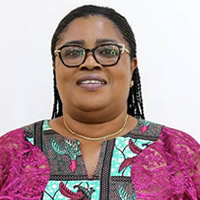

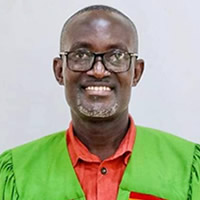



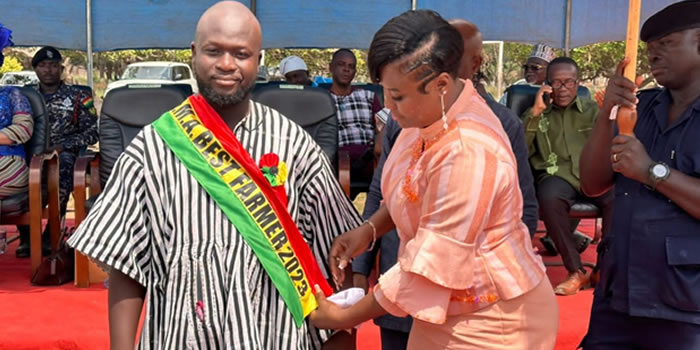
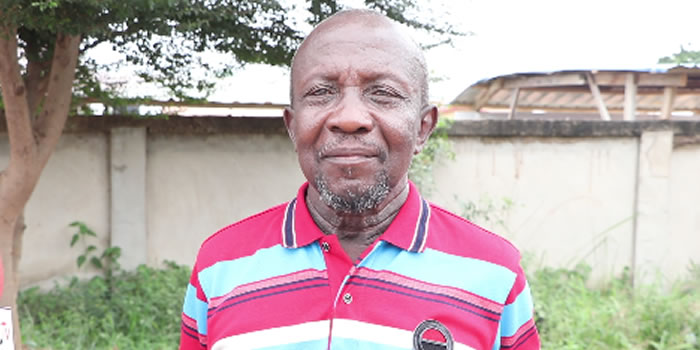
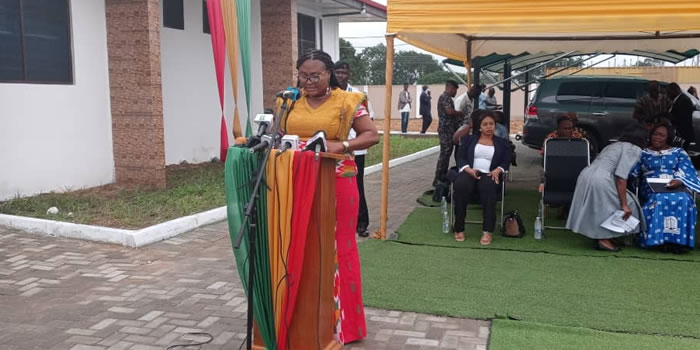
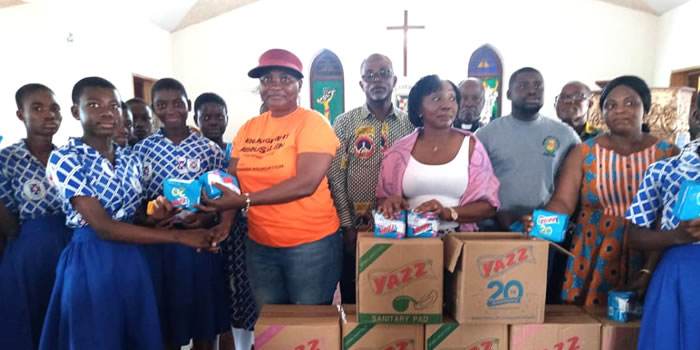
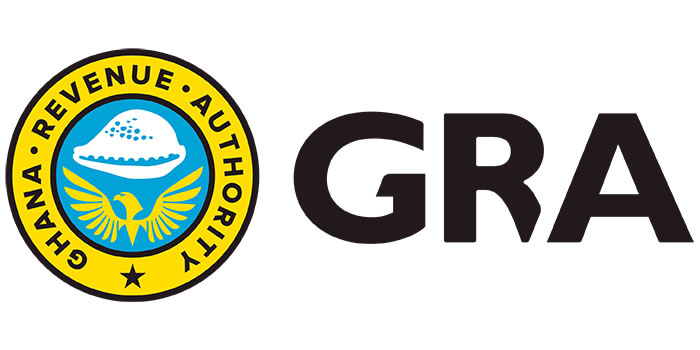


 facebook
facebook
 twitter
twitter
 Youtube
Youtube
 +233 593 831 280
+233 593 831 280 0800 430 430
0800 430 430 GPS: GE-231-4383
GPS: GE-231-4383 info@ghanadistricts.com
info@ghanadistricts.com Box GP1044, Accra, Ghana
Box GP1044, Accra, Ghana